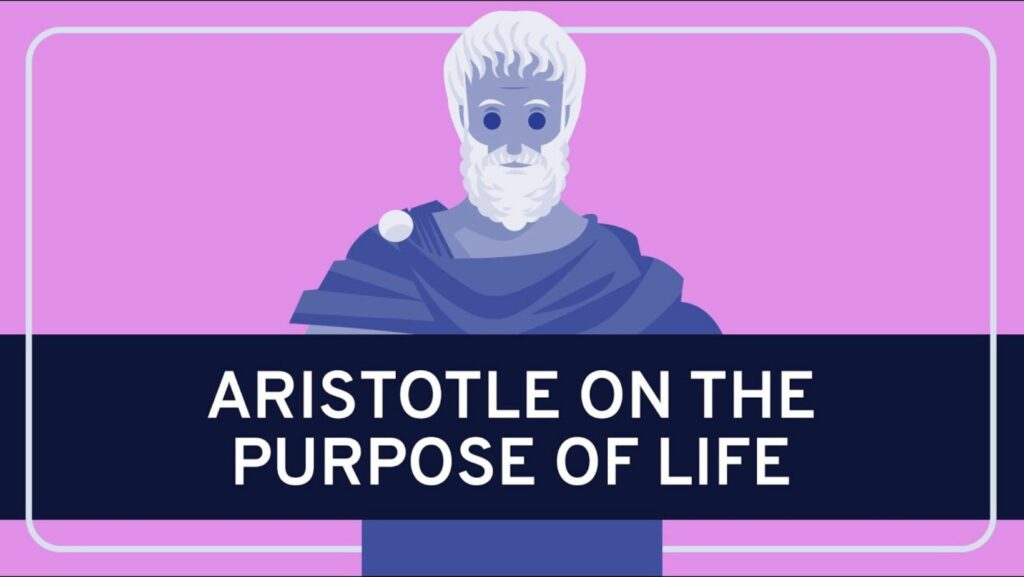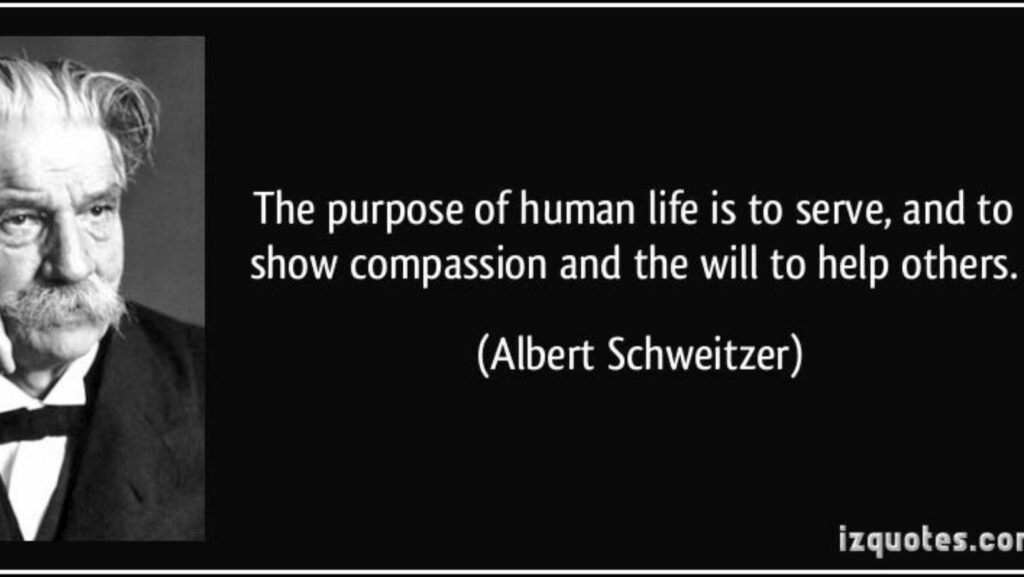
What is the Purpose of Life Philosophy
Exploring the depths of existence and meaning, the philosophy of the purpose of life delves into fundamental questions that have intrigued humanity for centuries.

What is the purpose of life philosophy? It’s a quest to unravel the mysteries of our existence, seeking to understand why we are here and what drives us forward. In this philosophical journey, individuals ponder the significance of their actions, the essence of happiness, and the pursuit of fulfillment.
Philosophers throughout history have grappled with this profound inquiry, offering diverse perspectives and insights that challenge conventional wisdom. What is the purpose of life philosophy? From Aristotle to Nietzsche, each thinker has contributed a unique lens through which to examine the purpose of life. By engaging with these philosophical musings, one can embark on a thought-provoking exploration of the human experience and the quest for meaning in a complex world.
Key Philosophers on Life’s Purpose
Exploring the perspectives of key philosophers sheds light on the philosophical musings surrounding life’s purpose and offers valuable insights for individuals seeking meaning in existence.
Ancient Greek Contributions

Ancient Greek philosophers, including Aristotle, Plato, and Socrates, pondered the essence of a meaningful life. Aristotle, a prominent figure in ancient Greek philosophy, posited that the highest human good is achieving eudaimonia, often translated as “happiness” or “flourishing.” He believed that living virtuously and fulfilling one’s potential were essential components of leading a purposeful life. Plato, a student of Socrates, emphasized the pursuit of knowledge and the importance of moral virtues in shaping individuals’ characters. Socrates, known for his Socratic method of questioning, encouraged self-examination and introspection to uncover one’s true purpose in life.
Enlightenment and Modern Thoughts
During the Enlightenment period, philosophers like Immanuel Kant and John Stuart Mill contributed to the discourse on life’s purpose. Kant, a German thinker, focused on the concept of duty and believed that individuals should act according to moral principles, irrespective of the consequences, to fulfill their moral obligations. Mill, an advocate of utilitarianism, argued that the purpose of life is to maximize overall happiness and minimize suffering for the greatest number of people. In modern times, existentialist philosophers such as Jean-Paul Sartre and Albert Camus challenged traditional views on life’s purpose. Sartre emphasized the concept of radical freedom, asserting that individuals are responsible for creating their own meaning and purpose in a seemingly indifferent universe. Camus, known for his philosophy of the absurd, explored the conflict between the human desire for meaning and the inherent lack of inherent meaning in the universe.
The Role of Religion and Spirituality
Exploring the intersection of religion and spirituality in the discussion of life’s purpose offers a rich tapestry of beliefs and practices that influence individuals’ perspectives on existence and meaning.
Diverse Religious Views on Life’s Purpose

- Christianity: In Christianity, life’s purpose is often viewed through the lens of serving God, following Jesus’ teachings, and achieving salvation through faith and good works. The ultimate goal is to attain eternal life in communion with God.
- Islam: Within Islam, the purpose of life is to worship Allah, follow the teachings of the Quran, and strive for righteousness. Believers aim to live a life of submission to God’s will to attain paradise in the afterlife.
- Hinduism: Hinduism perceives life’s purpose as achieving moksha, liberation from the cycle of birth, death, and rebirth (samsara). This liberation is attained through righteous living, self-realization, and spiritual enlightenment.
- Buddhism: Buddhism teaches that the purpose of life is to attain enlightenment (nirvana) by overcoming suffering and ignorance. Practicing the Eightfold Path and understanding the impermanence of existence are key components of this journey.
- Mindfulness Practices: Individuals often pursue spirituality through mindfulness practices like meditation, yoga, and conscious living. These practices focus on inner peace, self-awareness, and connection to the present moment.
- Nature Connection: Spirituality can also be found in connecting with nature, appreciating its beauty, and recognizing the interconnectedness of all living beings. Nature serves as a source of inspiration, healing, and spiritual reflection.
- Personal Growth: Spirituality without religion can encompass personal growth, self-discovery, and a deeper understanding of one’s values and beliefs. Through introspection and reflection, individuals seek meaning, purpose, and fulfillment in their lives.
